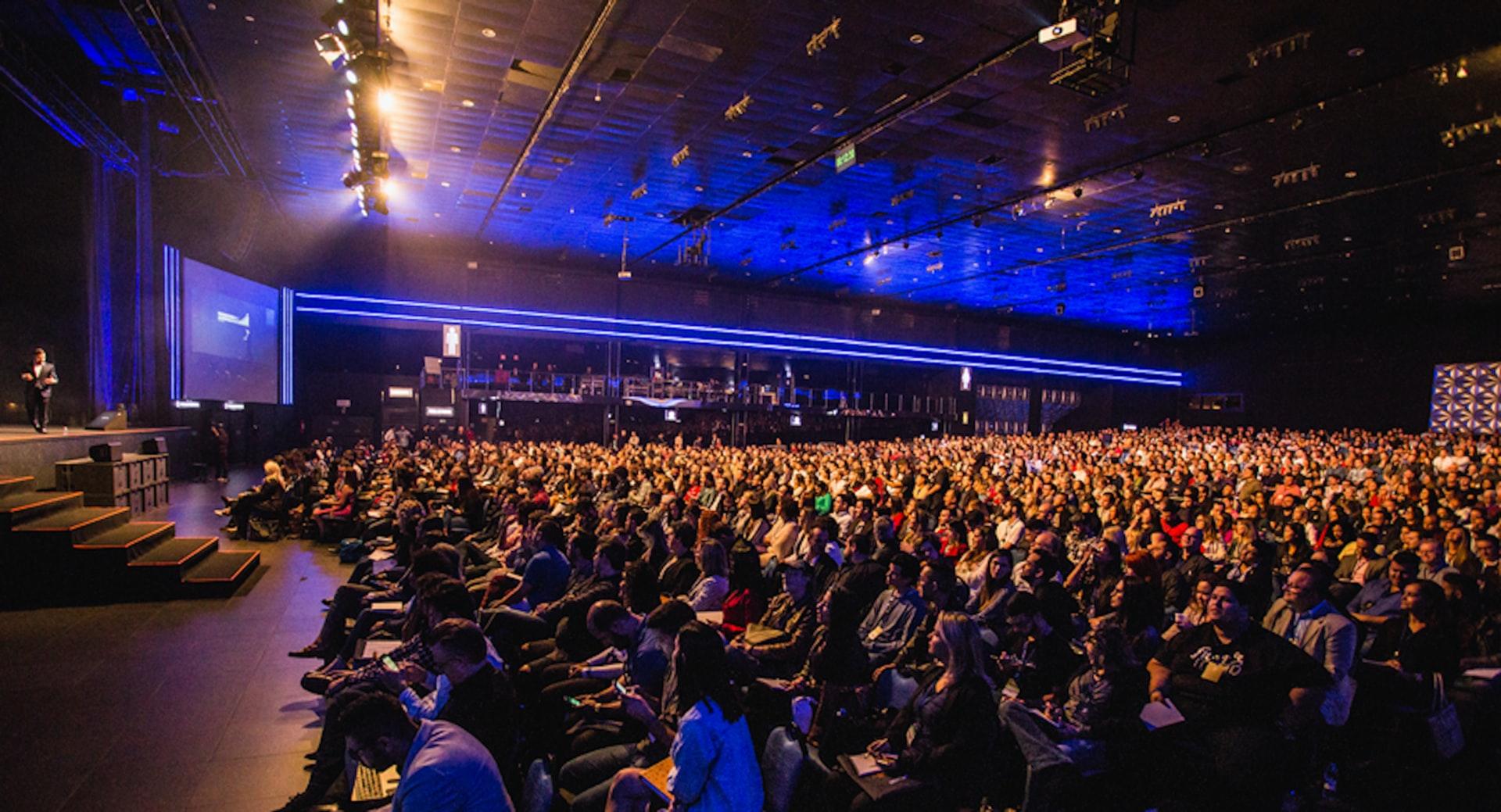Did you know that 95% of marketers believe that in-person events can help achieve business goals?
Events are undoubtedly some of the most effective methods for marketing your business. They help you engage directly with your customers, generate leads, launch new products, create brand awareness, etc.
Unfortunately, organizing and managing an event successfully can be tremendously challenging. The good news is that strategic event management could be the answer to your problems.
The success of your event does not revolve around garnering maximum attention only. It hinges on attracting the right attendees and sparking engagement among the audience.
This post will break down the strategic management of events in great detail. Its objective is to help you and your team plan and organize events to fulfil your organizational goals.
What’s Your Role as an Event Planner?
Before you come up with your event management strategy, you need to understand the role of an event planner and strategist.
Event planners play an integral role in organizing an event. For example, you have to choose the event’s theme, identify a strategic location, and find incredible speakers. In addition, you’ll need to prepare a comprehensive list of activities for the event.
The other aspects of the event that you need to look at include;
• Sponsors
• Publicity
• Entertainment
However, you don’t have to do all these alone. You can start by developing the concept of the event and brainstorm the rest with your team.
The Role of Your Event Strategist
It is vital to have an event strategist on your team to help you with a couple of things. Part of this includes aligning your marketing campaigns with the event. The other role is to define the event’s goals and create a strategy to achieve them.
An event strategy revolves around intelligently persuading customers to embrace your new products. It also helps generate leads, strengthen customer loyalty, and boost customer retention.
While an event should be vibrant and fun, your event strategy works behind the scenes to ensure it meets its business objectives.
Essential Elements of Strategic Event Management
Managing events strategically is a broad discipline. This section covers some of its essential elements to help you organize stellar business events.
Events Budget
You should prepare a budget at the initial stages of planning an event. Knowing how much the event will cost will act as a guide for planning. It will keep you and your team realistic and disciplined.
Your events budget will cover the costs of;
• Venue
• Food and drinks
• Decor
• Entertainment
• Staff transportation and accommodation
• Marketing
You might have to collaborate with the finance department to create a realistic budget. Most importantly, your event budget should also have an allowance for miscellaneous expenses.
Team
When planning a conference or any other business event, the chances are that you will work with several people. The team you choose could either make or break the event. As a result, it is vital to allocate various responsibilities and tasks prudently.
This kind of planning should apply in all stages of the preparations. For instance, you can divide roles among team members per their expertise. If you know an individual with experience in catering, put them in charge of food and beverages for the guest.
Additionally, define the roles of the team clearly to avoid confusion. For example, the venue manager should identify an ideal location for the event. Besides that, they should gather information about its capacity, availability, and much more.
You can take it a notch higher by providing each member with a document detailing their specific tasks and responsibilities. The goal is to keep each one of them focused on their role.
Event Goals
Each business event you organize has a specific goal. The purpose could be launching a particular product or generating leads. You should discuss the business objective of the conference with your team.
The ultimate aim for you and your team should be to find the best possible ways to achieve these objectives. Ensure that the event’s goals are specific, measurable, attainable, relevant, and time-bound.
Branding
Branding is another important aspect of strategic event management that you cannot ignore. Your event should have a strong identity and personality.
The first step to getting your event branding right is using an event name that’s catchy and easy to remember and pronounce. Additionally, it should relate to what your event is all about.
You can create a logo for the event and use it for promotional purposes on social media and broadcast media—if your budget allows it, that is. If it’s an invitation-only event for a few stakeholders, you’ll not need to invest heavily in branding.
Technology
Technology plays a fundamental role in the management of events today. Instead of having many disjointed technological tools, investing in one holistic event management solution is essential.
Moreover, you will need to manage various aspects of the event. These will range from marketing campaigns to attendee tracking. Doing this in a unified way will make your work much more manageable.
For example, you may choose to hold a virtual event. In that case, you will need to establish one platform that all your audience members will use to participate in the proceedings of the events.
After the event, ensure that you have captured all the pertinent data, such as the number of attendees, products that drew the most attention, audience’s feedback on various activities, etc.
The information you collect can help you determine whether the event was successful. Based on the data, you will undoubtedly know the event management areas that need improvement in the future.
Tap into the Strengths of Strategic Event Management
Strategic event management can make your events more influential. The best part is that this is a strategy that any organization or business can adopt. If you’ve read this guide carefully, you are now equipped to plan bigger, more successful events.
If you’d like to learn more about intelligent event management and planning, subscribe to our blogs or contact us for our services.

